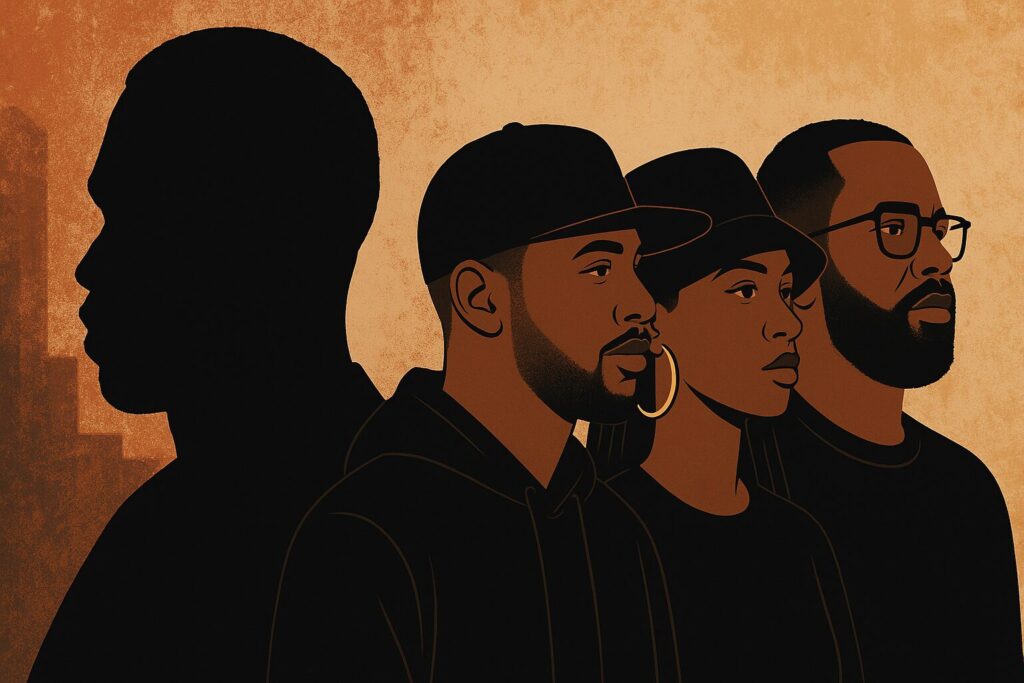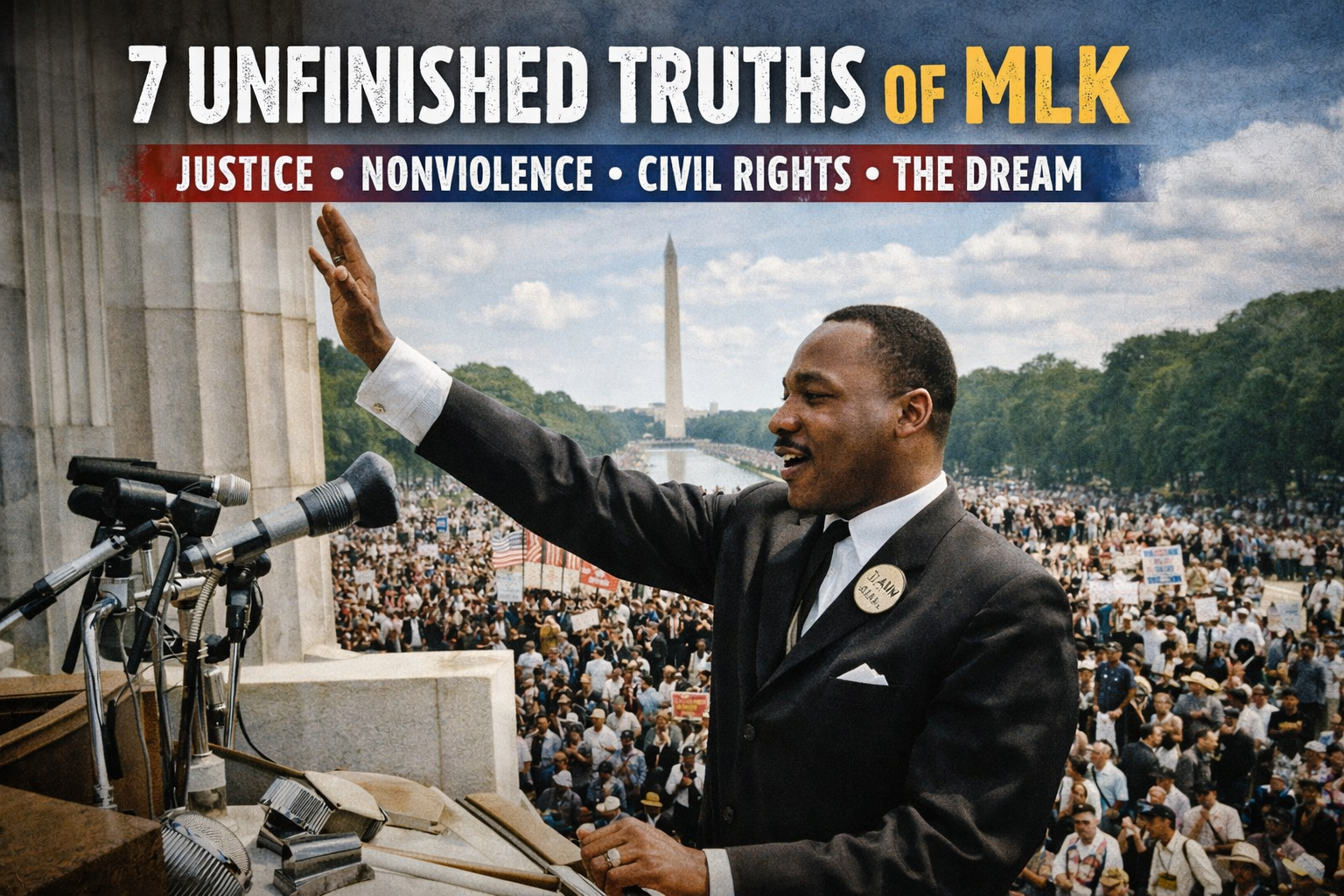The State of Hip-Hop Without Diddy: A New Era of Leadership
Sean “Diddy” Combs, once a towering figure in hip-hop, now faces serious legal challenges, including federal charges of sex trafficking and racketeering. These allegations have cast a shadow over his once-celebrated legacy and prompted a reckoning within the industry. As Diddy steps out of the spotlight, the hip-hop world is adjusting to his absence and re-evaluating its leadership and direction.
For decades, Diddy symbolized the merger of hip-hop and high fashion, street hustle and corporate success. From launching Bad Boy Records to propelling the careers of The Notorious B.I.G., Mase, and 112, his influence was seismic. Diddy’s knack for blending artistry with entrepreneurship helped shape the commercial backbone of modern hip-hop. Now, without his guiding hand, the culture finds itself turning toward other leaders to carry the torch.
Among those stepping into more prominent roles are Jay-Z, Rick Ross, and Nas—three titans of the genre who have each carved out unique lanes while maintaining strong ties to the roots of hip-hop.
Jay-Z: The Blueprint of Hip-Hop’s Corporate Evolution
Jay-Z, born Shawn Carter, has long been considered one of hip-hop’s most visionary artists. From his debut with Reasonable Doubt to his later work in 4:44, Jay-Z has showcased lyrical brilliance while embracing the power of ownership. Co-founding Roc-A-Fella Records and later selling Rocawear for $204 million, he set a new precedent for how rappers could achieve and maintain wealth.
Jay-Z’s status as the first hip-hop billionaire was a cultural milestone. He turned his music into a platform for broader investments—Armand de Brignac champagne, D’Ussé cognac, Tidal, and even sports management through Roc Nation. In a post-Diddy landscape, Jay-Z stands as a symbol of self-made success and long-term vision.
His influence isn’t just financial. Jay-Z has also used his platform to advocate for criminal justice reform and economic empowerment in Black communities, blending activism with business acumen. With Diddy out of the picture, Jay-Z’s brand of thoughtful leadership resonates now more than ever.
Rick Ross: The Boss Expanding the Hip-Hop Hustle
Rick Ross emerged in the mid-2000s with a larger-than-life persona and a gritty Miami sound. His debut album Port of Miami set the tone for his career: cinematic, confident, and unapologetically lavish. But Ross’s real genius may lie in his business instincts.
Founder of Maybach Music Group, Ross cultivated the careers of Meek Mill, Wale, and others, positioning himself as both a talent scout and executive. Beyond music, he invested heavily in franchises like Wingstop and Checkers, establishing himself as a mogul in the vein of Diddy and Jay-Z.
Ross’s success reflects a shift in hip-hop’s cultural currency—from bling to business savvy. In an industry once dominated by image, Ross’s focus on economic empowerment and strategic investments speaks volumes. Without Diddy, artists like Ross are showing how hip-hop can build lasting wealth outside the recording booth.
Nas: The Poet Preserving Hip-Hop’s Soul
If Jay-Z and Ross represent hip-hop’s corporate climb, Nas remains its poetic conscience. His 1994 debut Illmatic is still revered for its complex storytelling and gritty realism. While Nas has embraced business ventures—like investments in Coinbase and PillPack—he remains grounded in the essence of lyrical artistry.
Nas’s recent albums, including the Grammy-winning King’s Disease, prove he is still a vital voice in hip-hop. His ability to balance classic sensibilities with contemporary relevance makes him a critical counterweight in a genre often obsessed with trends.
Through Mass Appeal, his media and content company, Nas promotes a deeper understanding of hip-hop culture, history, and innovation. In a post-Diddy world, where flashiness can fade, Nas offers a reminder of the genre’s introspective and revolutionary roots.
Expanding the Legacy: New Leaders on the Rise
While veterans like Jay-Z, Rick Ross, and Nas take on more visible leadership roles, a new generation of artists is stepping up to fill the vacuum. Kendrick Lamar, J. Cole, and Tyler, The Creator are pushing the genre forward with introspective lyricism and creative experimentation. Their willingness to tackle complex social issues while exploring new sonic landscapes signals a bright future for hip-hop.
Kendrick’s Pulitzer Prize-winning album DAMN. and Cole’s Dreamville label highlight how younger artists are balancing message and marketability. Tyler’s unique fashion sense and genre-defying albums show the expanding artistic horizons that now define hip-hop.
The Role of Women in the Post-Diddy Era
Women have also been critical in reshaping the genre’s power dynamics. Cardi B, Megan Thee Stallion, Doja Cat, and Nicki Minaj have not only dominated charts but also challenged the industry’s gender norms. Their success speaks to a broader inclusivity in hip-hop, offering new role models and business leaders.
Megan’s deal with Netflix and Cardi B’s ventures in media and fashion illustrate how female artists are diversifying their portfolios just as their male counterparts have. In an era no longer dominated by a handful of moguls, women are increasingly defining the narrative.
The Industry Infrastructure: Who’s Building the Future?
With Diddy no longer an industry gatekeeper, platforms like Spotify’s RapCaviar, independent labels, and social media influencers are playing a larger role in shaping artists’ careers. Distribution and discovery are more democratized, allowing talent to break through without traditional gatekeeping.
This shift means that artists now wield more control over their content and branding. Partnerships with tech companies and direct-to-fan models are becoming standard, further diminishing the influence of centralized moguls like Diddy once was.
Hip-Hop Philanthropy and Social Justice
Beyond music and money, hip-hop’s role in social justice has expanded. Jay-Z’s Reform Alliance, Nas’s educational initiatives, and Kendrick Lamar’s advocacy work underscore a growing movement of artist-activists. These efforts are not just supplemental—they are now central to hip-hop’s identity.
With Diddy’s legacy under scrutiny, the new standard for leadership includes community investment and systemic change. It’s no longer enough to be rich; today’s hip-hop leaders are expected to be responsible stewards of their platforms.
Conclusion: Redefining Power and Purpose in Hip-Hop
The fall of Diddy marks the end of a formative chapter in hip-hop history. But the genre has proven its resilience time and again. In his absence, hip-hop is undergoing a cultural recalibration—one that favors sustainability over spectacle, authenticity over arrogance, and purpose over posturing.
Figures like Jay-Z, Rick Ross, and Nas, alongside rising stars and visionary women, are proving that the genre can evolve while staying true to its roots. As hip-hop continues to grow into a global cultural force, its future lies in a collective leadership model—one built on creativity, entrepreneurship, and social consciousness.
The state of hip-hop without Diddy isn’t one of decline, but of redefinition. And that redefinition is being shaped by a broader, more inclusive coalition of voices than ever before.














